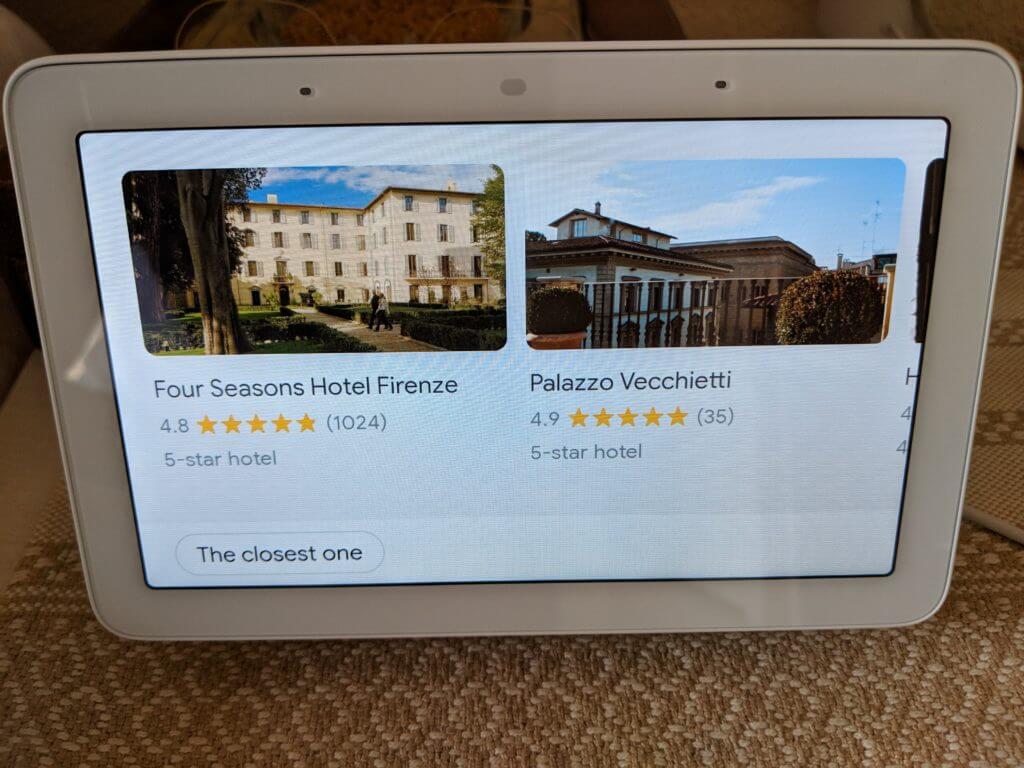Loyalty programme guests are also more likely to perceive the company’s products and services as providing good value and so they are less sensitive to the company’s price premium. They are further likely to act as brand ambassadors by recommending the company through word of mouth, either through personal recommendations or via online review sites. Such recommendations, the researchers comment, are highly valued by hotel companies as they are known to be highly effective.
Nevertheless, loyalty programmes also bring challenges. They are, for instance, expensive to set up and maintain, and the profits they generate are hard to separate from those of other marketing efforts. It is also challenging for marketers to create and manage profitable loyalty programmes because there are high costs associated with adding value to customers’ experiences, especially given their widely differing needs and interests. Overinvestment is thus an ongoing concern.
Loyalty programmes also open up the possibility of “service encounter failures”, which can sour the relationship between a hotel company and its customers and thus damage its reputation. Another potentially negative effect is that “bystander customers” sometimes perceive “unfairness in comparison to target customers”, which could put them off the brand.
It is found that hotels’ spending on loyalty programmes was associated with better performance, as measured by the average daily room rate, revenue per room and occupancy rate. Spending on loyalty programmes also pays off in terms of hotels’ overall gross operating profit. This is particularly interesting because it implies that loyal customers do not just increase room occupancy, but their spending on “food and beverage at the hotel, spas or other amenities” also contributes to better overall financial performance.
Even when factors such as the amount spent on e-commerce, advertising, marketing strategies and the size of the hotel and scale of the hotel chain are taken into account, spending on loyalty programmes still has the most positive effect on hotels’ operational and financial performance. In other words, loyalty programmes bring in the greatest returns compared with investments in other forms of advertising and marketing, regardless of the type of hotel.
Hence Managers are justified in placing more emphasis on loyalty programmes because they bring the greatest returns.










